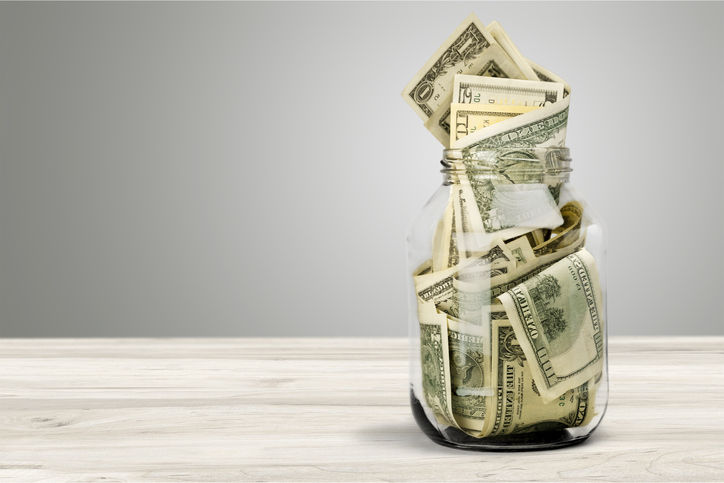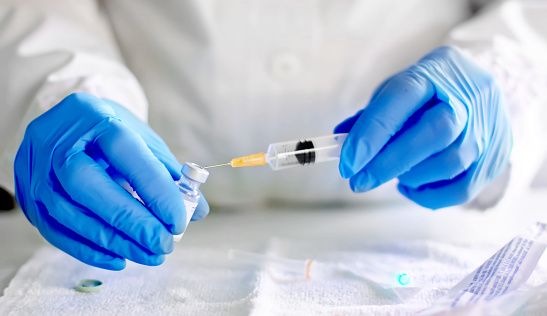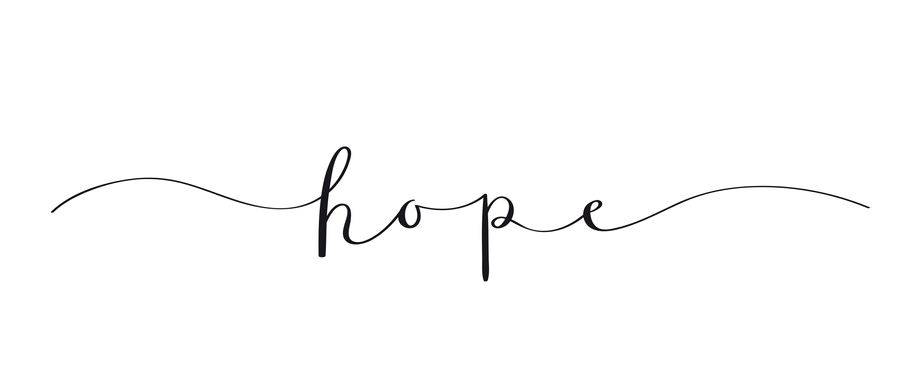Congress and the president enacted a $2.2 trillion economic stimulus law to fight the economic impact of the coronavirus. The Coronavirus Aid, Relief, and Economic Security (CARES) Act will provide many Americans with $1,200 checks, increase the funding for unemployment and offer small businesses money to pay their employees among other things.
Here’s how the CARES Act could affect you:
Stimulus Checks
If you earn $75,000 or less per year, you’ll receive a one-time check of $1,200. If you’ve earned more than $75,000 based on the adjusted gross income reported on your 2019 or 2018 tax returns, your check will be smaller. If you earned more than $99,000, you won’t receive a check. Social Security recipients can receive checks based on their 1099 benefit statements.
Small Businesses
The CARES Act provides $360 billion small businesses can use to cover payroll and other expenses.
Healthcare Facilities
The legislation will provide $100 billion or more to hospitals and healthcare facilities to buy vital equipment like ventilators or hire additional personnel needed to fight the outbreak.
Student Loans
For many older adults, student loan debt is a growing issue as many pay for their own education as well as that of their children. Under the CARES Act, if you have outstanding student loans, you will not have to make payments until after September 30. Interest will also not accrue.
Waiver of Required Minimum Distributions (RMDs)
The CARES Act has waived all RMDS due in 2020. If you have an RMD due in 2020 from a company plan like an IRA or 401(k) you do not have to make the distributions.
Unemployment Benefits
The CARES Act creates a new benefit that makes it easier for people who have lost their jobs due to coronavirus circumstances to receive benefits. It also makes them eligible for an additional $600 per week in benefits. If you’ve been furloughed by your employer, you’re also eligible to receive benefits under the new legislation.













